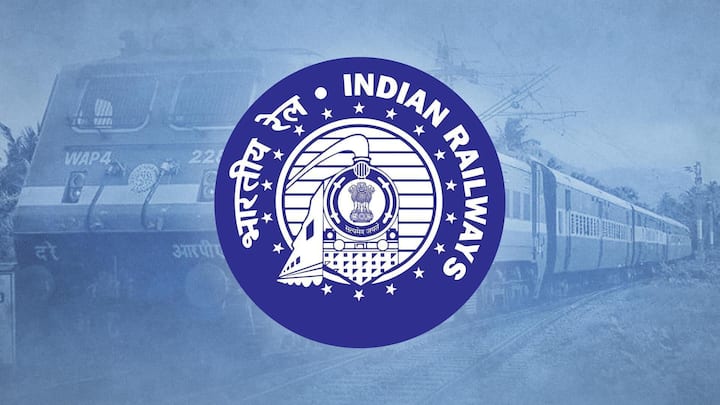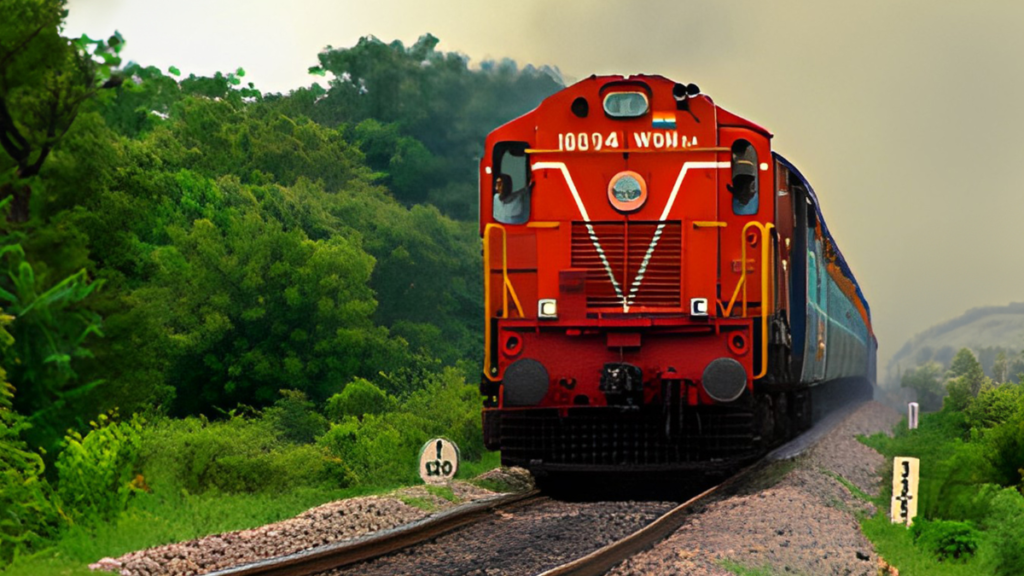Railways Test Early Waitlist Confirmation to Ease Passenger Uncertainty and Boost Travel Planning
 |
| Indian Railways |
Indian Railways has launched a pilot project that promises to transform the travel experience for millions of waitlisted passengers. For the first time, waitlisted ticket holders will know their confirmed status 24 hours before their train’s departure—a significant leap from the current system, where charts are finalized just four hours prior. This initiative, currently under trial in the Bikaner Division, aims to reduce the anxiety and last-minute chaos that often accompany train travel in India.
Why Did Indian Railways Introduce This Change?

How Does the New System Work?
Under the current system, the final passenger charts—which confirm which waitlisted tickets have been upgraded—are prepared just four hours before the train’s departure. With the new initiative, these charts will be finalized and released 24 hours in advance. This means passengers will receive early confirmation or rejection, allowing them to make informed decisions about their journey.
The new system is especially beneficial for travelers who live far from major railway stations. With early confirmation, they can plan their journey to the boarding station more efficiently, reducing the risk of unnecessary travel and associated costs. Families, solo travelers, and business commuters alike stand to gain from this improved transparency.
What Are the Implications for Cancellations?
With early confirmation comes a stricter cancellation policy. If a confirmed ticket is canceled between 48 and 12 hours before departure, passengers will receive only 25% of the ticket fare as a refund. If canceled between 12 and 4 hours before departure, the refund drops to 50%. This is to discourage last-minute cancellations and ensure that seats are not left vacant.
Any seats or berths that become available due to cancellations after the 24-hour chart preparation will be reallocated through the current booking system. This ensures that no seat goes to waste and maximizes train capacity utilization.
When and Where Is the Trial Taking Place?
The trial is currently limited to the Bikaner Division of Indian Railways. Railway officials have stated that the continuation and potential expansion of this initiative will depend on passenger feedback and the success of the pilot.
The pilot began on June 6, 2025, and is expected to run for several weeks. During this period, officials will monitor the system for any issues and gather feedback from travelers.
What Do Passengers Say?
Early reports suggest that passengers are optimistic about the change. Many have expressed relief at the prospect of knowing their travel status in advance, which allows for better planning and reduces anxiety. However, some have raised concerns about the stricter cancellation policy, especially for those with unpredictable schedules.
What’s Next for Indian Railways?
Railway officials have made it clear that the initiative will only be rolled out nationwide if the pilot receives a positive response from passengers. The focus remains on enhancing convenience and reducing uncertainty for travelers.
This move is part of a larger effort by Indian Railways to modernize its booking system and improve passenger experience. By leveraging technology and feedback-driven policies, the railways aim to make train travel more predictable, comfortable, and user-friendly.
How Can Travelers Stay Informed?
Travelers are encouraged to check their ticket status as soon as the 24-hour window begins. Those with confirmed tickets should finalize their travel plans, while those still on the waitlist can consider alternative options. Staying updated through the official IRCTC website and app is recommended for the latest information.
Final Thoughts
Indian Railways’ pilot project to confirm waitlisted tickets 24 hours before departure is a welcome step toward reducing travel anxiety and improving journey planning. While the stricter cancellation policy may be a concern for some, the overall benefits—greater certainty, better planning, and reduced last-minute stress—make this a positive change for most travelers. If the pilot succeeds, it could set a new standard for railway travel in India, making the experience smoother and more predictable for everyone.
